Why It is Important to Explore Work-Life Balance as a Commercial Pilot?
Almost everybody around the world is aware of the charisma attached to the profession of commercial pilot. It can be rightly said that after becoming
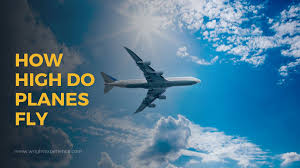
There was a time when travelling by an aeroplane was not everyone's cup of tea, but now air travel has become much easier for people than ever before. Yes, it costs a bit more than other transportation modes, but it saves a significant amount of time as well. This is one of the primary reasons why those who can afford it often prefer to travel by plane. But, has the question ever crossed your mind at what height a plane flies in the air? If it has and you are also trying to find an answer to this question, this blog will help you find the answer to this and some more questions about aeroplanes. Let us start,
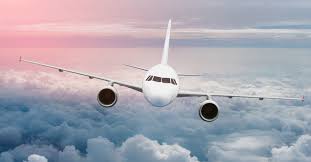
The flight of an aeroplane depends greatly on the type of aircraft. A passenger aircraft generally flies at 30,000-35,000 feet. The flying capacity of various models, ranging from Boeing to Airbus, is up to 41-43 thousand feet. However, they fly at altitudes of 30,000-35,000 feet. Apart from this, private jets typically fly at altitudes of up to 51,000 feet, although they can also fly at altitudes of up to 45,000 feet.
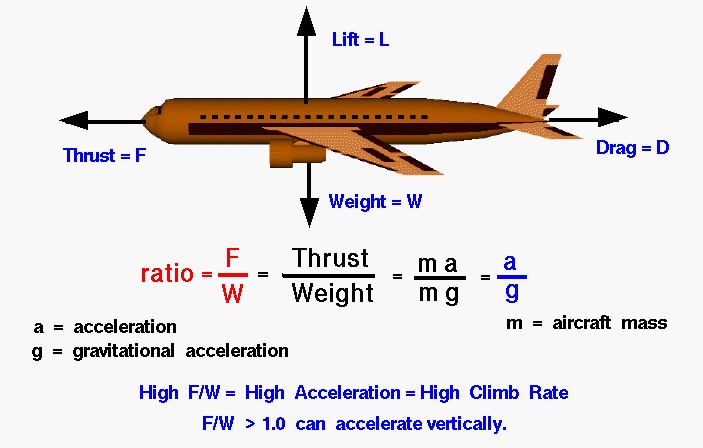
The flying altitude of a plane usually depends on the route. Most short-haul flights operate at altitudes of up to 25,000-35,000 feet, while long-haul flights typically fly at altitudes of 35,000-40,000 feet. The main reason behind this is that the higher the plane flies, the thinner the air becomes. In this way, being lighter, the aircraft's fuel consumption is reduced. Apart from this, military aircraft can fly at 50,000-70,000 feet, depending on their mission.

There are various reasons why an aircraft attains a certain height. Let's examine some of the reasons for this.
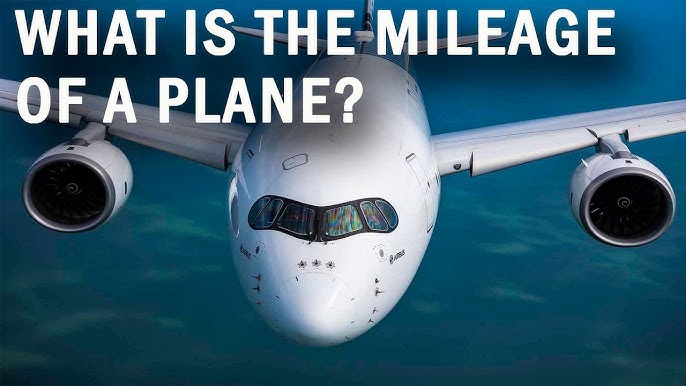
The reason for not flying at low altitude is the dense air molecules. At high altitude, the air is thin and the air molecules are almost negligible. This allows the aeroplane to fly at full capacity, which also increases the plane's mileage.
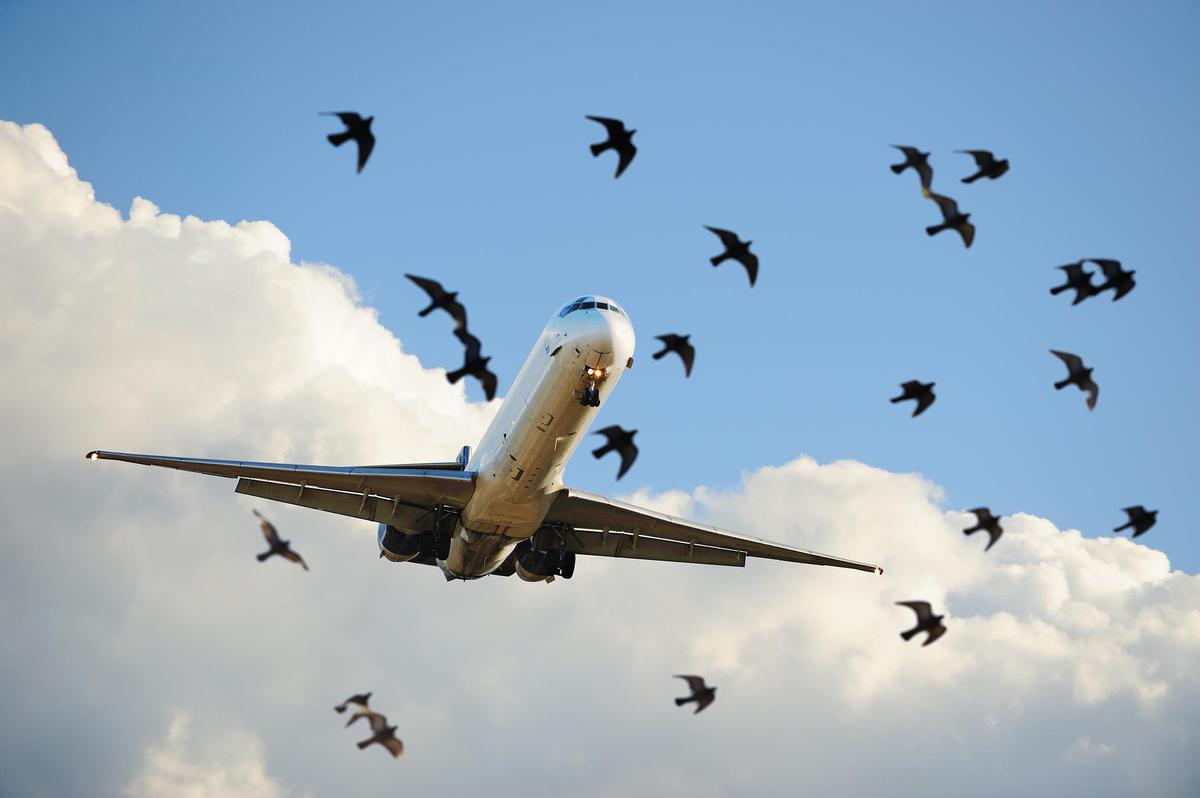
There is a risk of bird strikes to the plane while flying at low altitude. There have been many such cases when the plane is forced to make an emergency landing because of a collision with birds. Birds cannot fly above 40,000 feet. In such a situation, flying a plane at such a height is safer than at low altitude. The pilot must take special care of birds only during take-off and landing.

The storms that form in the air of the aeroplane are also a big challenge. The water present in low-altitude clouds creates turbulence in the plane. It can significantly hinder the aircraft's performance. At the same time, passengers also get nervous due to turbulence. At 40 thousand feet, the clouds remain below the plane, due to which one does not have to face such a problem.
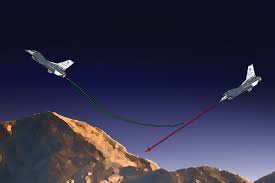
If the plane is at a low altitude, it will be difficult for it to pass through the mountainous area. The height of many mountains in the Himalayan range is up to 24,000 feet. In this case, there is a danger of the plane colliding with the mountain peaks. Simultaneously, one advantage of flying at a high altitude is that if there is any problem in the plane, then the pilot can take the plane a very long distance for landing.

The highest limit for flying a plane is 42,000 feet. To reach a higher altitude than this, the plane's engine will have to apply a significant amount of power. Apart from this, the pressure in the plane's cabin will decrease significantly. Therefore, from the point of view of the safety of the passengers and crew, planes can fly at a fixed height. The pilot continuously receives instructions from ATC to increase or decrease the altitude of the aircraft depending on the situation, and the pilots just react to that.
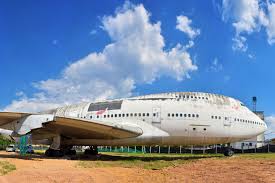
According to the words of a report, the retirement age of most planes is 25 years. However, with excellent maintenance, it can remain operational for a few more years. Subsequently, keeping safety in mind, the planes are taken out of service. Post retirement, the planes' last flight is to the storage depot, where they are washed and recycled.
Now, it is quite clear why most planes fly at a certain height, and a pilot should be perfectly able to take them to that height and maintain a stable pace while flying. To become a qualified commercial pilot as per the rules laid down by the DGCA, one should enrol in a flight training school. One will not just learn about the theoretical aspects of piloting, but also the practical ones. Flapone Aviation is one of the finest flight training schools in the country and what makes it one of the best is the quality of the instructors and the fees charged.
The fees charged are highly competitive when compared to the quality of instruction provided to aspiring pilots. Therefore, there is no need for you to think too much before coming to us and embarking on a new journey.
Connect with our aviation mentors to find the right path toward becoming a licensed aircraft pilot.